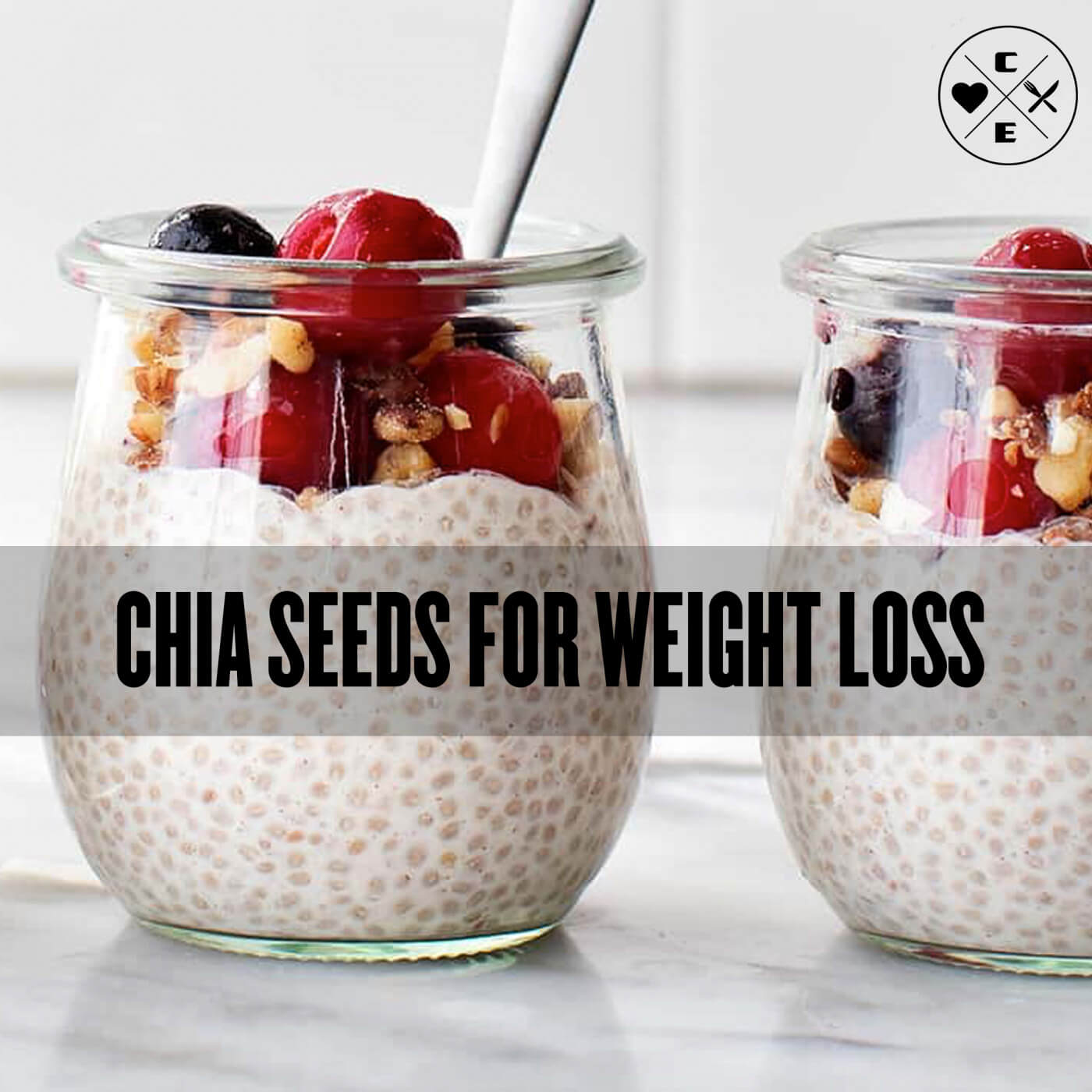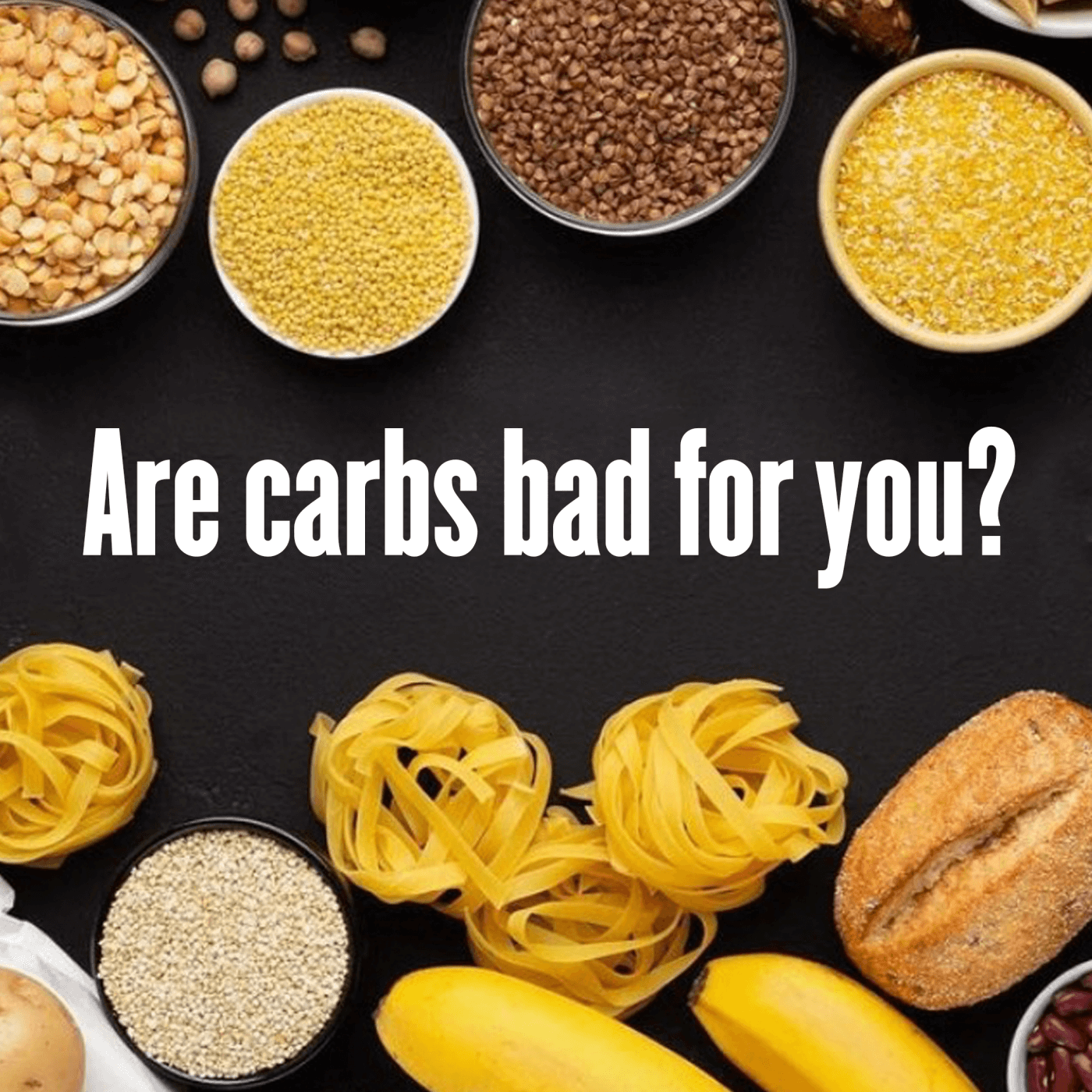
Are Eggs Healthy For Weight Loss?
Nutrition
|
Weight Loss
|
Healthy Lifestyle
6 minute read
Are eggs healthy for weight loss? are eggs a superfood? For the longest time, the fitness and health industries have been at odds trying to decide if eggs are a great and nutritious food for people or if it is a source of high cholesterol and heart disease.
In today’s article, we try to shed some light on what the research shows about the nutritious value of eggs, safety and health concerns, and more specifically some practical advice for our weight loss goals.
Nutritional Content
Eggs are a very nutritious food. A great source of protein, with about 7 grams of protein on a large egg, around 4.8 gr of fats and dietary cholesterol (mostly in the yolk) which we’ll discuss in this article, and lots of other nutrients both in the yolk and the whites.
The yolk, often demonized and avoided, contains:
-
Vitamin E: This might lower if the egg is refrigerated for a long time and is essential for our nerve and muscle health.
-
Immunoglobulins and antibodies
-
Leucine, and essential aminoacid
While the white, or albumen, contains:
-
A very varied content of proteins
-
Antimicrobial cell organelles
-
Riboflavin and biotin: vitamins that help form the nails and hair.
An egg is also a good source of iron, folate, vitamins A, E, D, and B12, and selenium, which, when paired with vitamin E, functions as an antioxidant. All of this in a small package with only 70-80 kcal
Eggs and Cholesterol
Are eggs healthy for weight loss? But why then a portion of food that seems to have all these nutritious elements can be deemed unhealthy? The answer is in its dietary cholesterol content, more specifically the yolk’s lipid content which most people like to avoid claiming it leads to weight gain and heart disease.
To really understand what’s going on, let’s first define what cholesterol is: it is a fatty substance that is present in the cellular wall of every cell in our body. It serves many functions in our body like aiding in the production and balance of steroidal hormones, such as testosterone, ADH, cortisol, etc. and many other functions. Incorporating superfoods supplement into one's daily diet can potentially enhance the regulation of cholesterol levels, promoting a holistic approach to cardiovascular health and overall well-being.
It is carried in our blood by two kinds of proteins LDL (known as the “bad cholesterol”) and HDL (the “good cholesterol).
Many people believe that due to their dietary cholesterol and lipid content eggs have the potential to raise cholesterol levels in the blood, especially LDL levels. However recent studies have shown that it is in fact not the case for most healthy people, and it should not be a concern to eat whole eggs as part of your regular diet.
Having said that, there are some studies that show that some populations might be at risk of increasing blood cholesterol levels if consuming eggs regularly such as diabetics, or people with already high blood lipids and high cholesterol.
But it’s important to mention that even in these populations the risk of cardiac complications is not higher than for people who don’t consume eggs, mainly due to a simultaneous surge in HDL (the “good cholesterol”) when LDL raises in hyperlipidemic or diabetic populations.
Risk of Cardiovascular Disease
There have been several studies that found no association between egg consumption and an increase in the risk of cardiovascular disease, and no increase in the risk of stroke or coronary artery disease.
Even in the diabetic population, there was not an increase in cardiovascular risk factors, this is true even for a consumption of 2 eggs 6 times a week, actually showing an improvement in inflammation markers, insulin sensitivity, and lipid profiles.
It can also carry all the benefits of a high-protein diet and losing weight.
Eggs for Weight Loss
Eggs are a source of lean protein, and despite the dietary cholesterol content, they don’t have detrimental effects on cardiovascular disease, diabetes, or weight gain.
In fact, a comparison between a high protein breakfast for weight loss, such as an egg breakfast, and a different kind of meal with the same caloric content showed a 61% greater reduction in weight and BMI for participants in an 8-week study. This approach has also demonstrated significant improvements in blood lipid and glucose profiles when incorporated as part of an energy-restricted high-protein diet.
So including them as a protein source on a calorie-restricted diet can be a powerful tool to achieve our weight loss and health goals.
Final Thoughts
So with all this information, here are our key takeaways to include eggs in your diet to support your weight goals. Eggs are a good source of protein and many other vitamins and nutrients. But not only the whites, but the yolks also have a great diversity of nutrients good for your health. Though it has dietary cholesterol it has not been shown to increase the risk of cardiovascular disease, diabetes, or weight gain. Cholesterol happens to be one of the most important nutrients in our bodies. It's part of every cell membrane, it's a requirement for growth, and it's required for the production and regulation of many hormones. The protein content in eggs makes them a good option for a weight loss diet. Different types of eggs contain different nutrients. Duck eggs, for example, have a higher protein content than chicken eggs. So having a lot of variety in your diet will definitely help. Always track your results, symptoms, and how you feel with a particular diet or meal plan to know if something is doing you good or bad, and adjust accordingly, always keeping a critical mind to your observations.
Remember that consistency is key and having a meal plan you enjoy grants better results. Eggs are delicious and so you can include them in your diet safely and reap amazing results.
FAQ
Are there any other benefits to eating eggs beyond weight loss?
Yes, eggs are nutrient-dense and provide essential vitamins, minerals, and antioxidants that contribute to overall health, including brain function and eye health.
Can the way I prepare eggs affect their impact on weight loss?
Absolutely. Preparing eggs in a healthy manner, such as boiling, poaching, or scrambling with minimal oil, can help maintain their nutritional benefits while supporting weight loss goals.
Are there any individuals who should avoid eggs during weight loss efforts?
People with allergies to eggs or specific dietary restrictions should avoid them. Always consider individual needs and preferences when planning your diet.
Can I eat only eggs for weight loss?
It's not advisable to rely solely on eggs for weight loss. A well-rounded diet that includes a variety of nutrient-rich foods is essential for overall health and sustainable weight management.
Related Articles
Are Chia Seeds for Weight Loss Effective?
8 minute read
Does Green Tea Help With Weight Loss?
6 minute read
Are Carbs Bad For Me? Navigating the Good vs Bad
14 minute read



